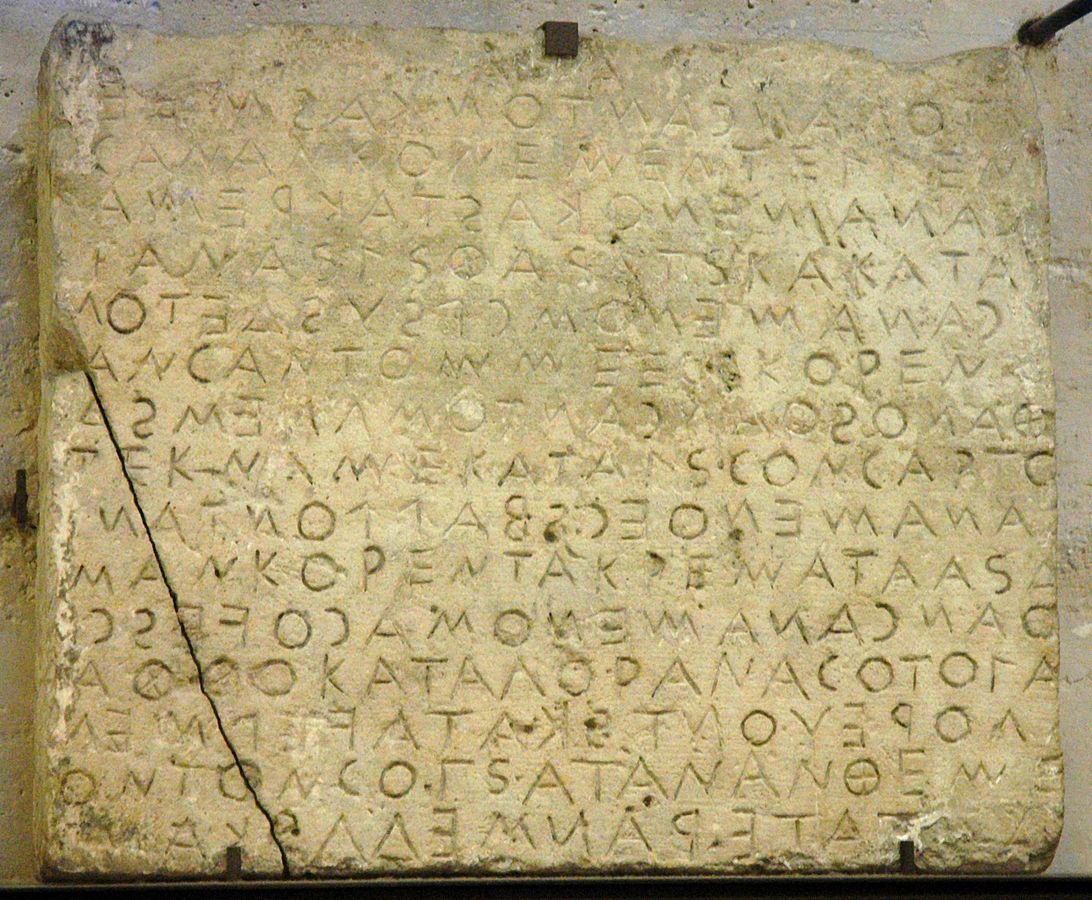Mischa Piekosz 'Relations between the Chief Archons and the Elite in Early Archaic Athens (c. 630-550 BC)'
There are two talks in this session.
Mischa Piekosz 'Relations between the Chief Archons and the Elite in Early Archaic Athens (c. 630-550 BC)'
The number of archonships or public magistracies that archaic Athenians had gradually expanded in the late seventh and sixth centuries BC. The most notable of them were the eponymous archon, the polemarch and the basileus or king archon. The efficacy of these magistracies continues to be hotly debated. Many scholars argue that these offices were mostly impotent, with political power residing instead in the hands of elite families, who competed with each other to become the most powerful. This side of the debate argues that this elite infighting led ultimately to Pisistratus becoming tyrant in 546 BC. But other scholars have argued just as forcefully that these magistracies – along with Athenian institutions more generally – were effective and were the true seat of political power in archaic Athens. This side maintains that Pisistratus himself both used and retained these offices in order to gain and to keep his power as a tyrant, which he did until his death in 527. In this seminar, I will examine the competence of the three named archons of archaic Athens leading up to the Pisistratid tyranny. I will first discuss what responsibilities were assigned to them and who was eligible to be one. Lastly, I will give a brief overview of what roles the archons played during three major crises, namely Cylon’s attempted coup (c. 630), the capture of Salamis (c. 600) and the battle of Pallene (546). I will argue that although the archons nominally had authority in certain matters, their exercise of this authority was dependent on support of the elite.
‘Life on the Margins: Non-Athenian Female Property Ownership in the Aegean Sea’
Classical Athenian sources dominate the study of Greek property ownership by females in the region of the Aegean Sea during classical and early hellenistic times. However, these ancient sources, despite both their quantity and quality, represent only the laws and the attitudes of one Greek polis (‘city-state’) among many – a polis characterised by Herodotus as especially misogynistic. However, recent scholarship that has focussed on non-literary evidence, such as inscriptions, highlights alternative approaches to female property ownership and the corresponding laws governing it in the poleis (‘city-states’) of the Aegean Sea and the surrounding regions. In this seminar, I will first provide an overview of female property ownership in classical Athens. I will then examine alternative ancient sources for female property ownership around the Aegean Sea, specifically the Gortyn law code on Crete, the Persepolis fortification texts and the literary evidence for the queens of Halicarnassus. These diverse ancient sources all highlight the fact that the Athenian approach was not universal and that in other states female property ownership by women was supported by law during the classical period. This seminar is part of a broader examination of how professional women across the hellenistic Aegean region actively constructed their own gender norms and expressed their own agency.

Image credit: Jastrow (2006), Excavated by L. Thenon; in the Louvre collections since 1862. Via Wikicommons.
About Classics and Ancient History Seminars
All research seminars begin at 4 pm on Friday (with the exception of special Friends of Antiquity events). The 16 September HPI seminar will take place on a Monday).
They will take place simultaneously in person and online.
The in-person venue is room E302 of the Forgan-Smith Building (building no. 1) on the St-Lucia campus of the University of Queensland.
Note: If there is a room change it will be listed on the event session.
For further information please contact the Seminar Convenor Associate Professor David M. Pritchard (d.pritchard@uq.edu.au or +61 401 955 160).
